![]() Hearsay is not admissible as evidence in court — and it doesn’t seem to go very far in science, either.
Hearsay is not admissible as evidence in court — and it doesn’t seem to go very far in science, either.
A pair of researchers in the field of human evolution have lost a paper which contained data from “personal correspondence” that the providing party apparently did not enjoy seeing in print.
The article, “Early hominin biogeography in Island Southeast Asia,” was published in the September/October 2015 issue of Evolutionary Anthropology. The authors, Roy Larick and Russell Ciochon, are paleoanthropologists and co-founders of the Iowa-Bandung Java Project — a 20-year old collaborative effort to study the origins of early humans in Indonesia. Continue reading Inclusion of “personal correspondence” in evolution paper prompts retraction, new journal policy
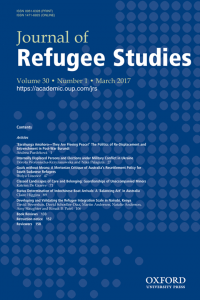

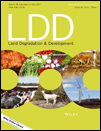 It’s been a mixed year for Wiley’s
It’s been a mixed year for Wiley’s 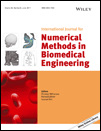 After issuing a retraction notice May 30 for a biomedical engineering paper, the journal has
After issuing a retraction notice May 30 for a biomedical engineering paper, the journal has  The fallout continues for a study conducted at a local CrossFit gym by researchers at The Ohio State University. First
The fallout continues for a study conducted at a local CrossFit gym by researchers at The Ohio State University. First 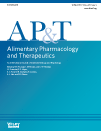 A gastroenterology and hepatology journal has retracted a 2017 review after discovering it included data “accessible only during peer review for another journal.”
A gastroenterology and hepatology journal has retracted a 2017 review after discovering it included data “accessible only during peer review for another journal.”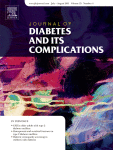
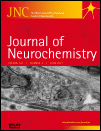 A neurochemistry journal has retracted a paper from a group in China over a duplicated image.
A neurochemistry journal has retracted a paper from a group in China over a duplicated image.